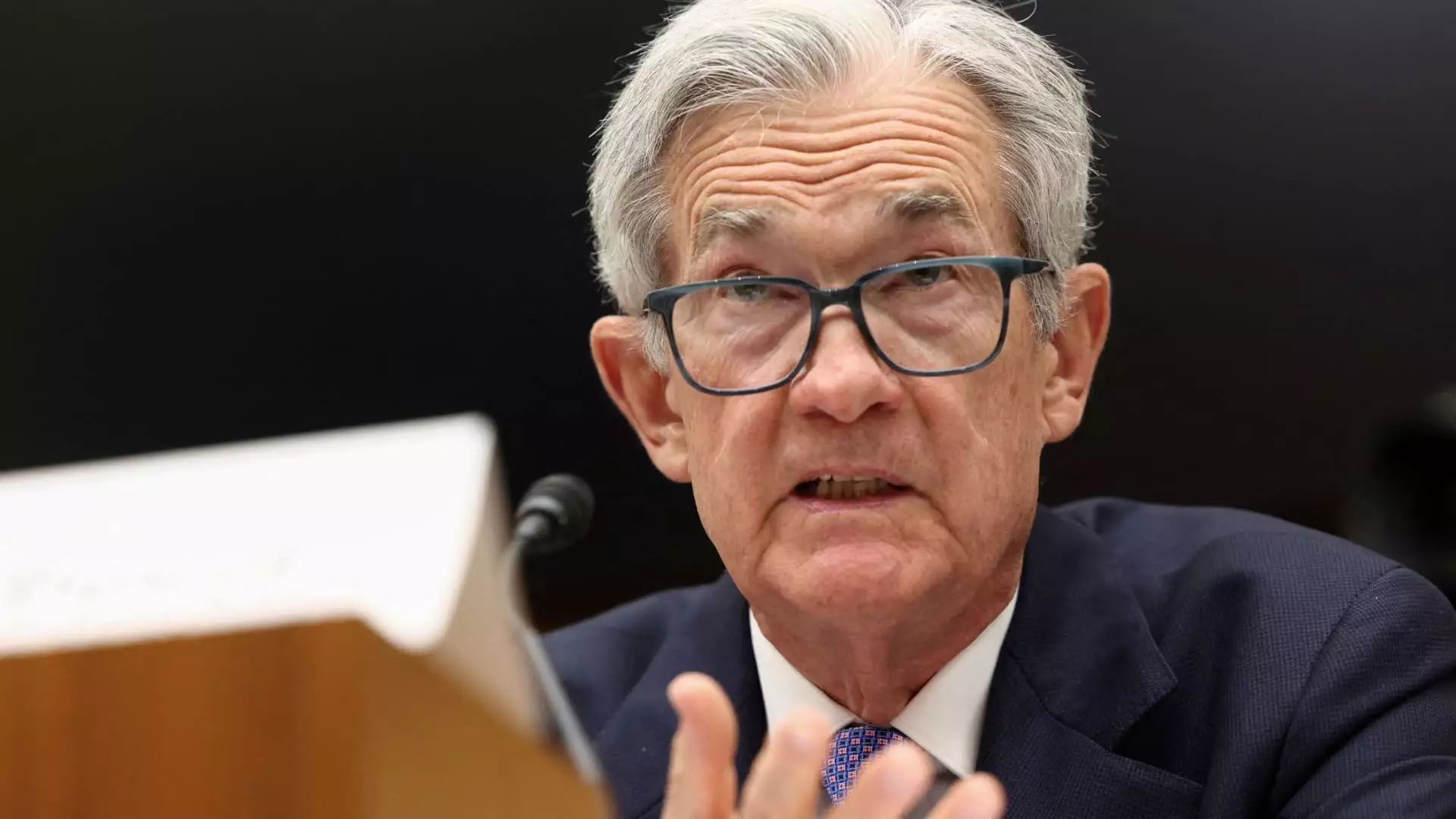In recent months, the Federal Reserve has found itself under an unusual amount of scrutiny and outright hostility from the Trump administration, revealing the ongoing struggle over the independence of central banking in America. While a healthy monetary policy requires a degree of autonomy, the aggressive campaigning by political figures—who have sought to scrutinize, criticize, and even undermine the Fed—exposes deep-rooted tensions about who should control economic levers. The current controversy over the Fed’s $2.5 billion renovation project epitomizes this conflict: it is being cast not merely as a maintenance issue but as a battleground for political dominance.
This new wave of criticism highlights an unsettling trend: government officials exploiting redevelopment initiatives for political gain, framing them as lavish displays of excess or mismanagement. The Trump administration’s fierce opposition to the renovation, particularly the vocal attacks led by Office of Management and Budget Director Russell Vought, reflects broader aversion to the Fed’s independence. Labeling the modernization effort as “ostentatious” seems less about fiscal responsibility and more about intimidating or undermining an institution that operates, at least in theory, free from partisan pressures. It is a blatant attempt to force the Fed’s hand and politicize what should be an apolitical authority overseeing monetary stability.
Defending Authority and Institutional Integrity
In response to these attacks, the Fed’s decision to publish a FAQ webpage defending its renovation project demonstrates a quiet but firm assertion of institutional integrity. This move isn’t just about public relations; it symbolizes a broader stance—that the Fed will not be deterred by political calls for austerity or misuse of taxpayer-funded assets as a battleground for ideological supremacy. By explicitly denying the construction of luxury amenities like private dining rooms or rooftop gardens, the Fed seeks to dispel misconceptions and emphasize transparency.
This defensive maneuver underscores the importance of an independent central bank capable of making decisions based on economic data rather than political expediency. The populist attacks—claiming that the renovations are unnecessary or frivolous—aim to erode confidence in the Fed’s stewardship, but they ultimately threaten the core principles of pragmatic and autonomous policymaking. The central bank must withstand the political winds and remain focused on maintaining economic stability, inflation control, and employment maximization, even when faced with unfounded accusations of excess or mismanagement.
The Cost, the Politics, and the Power Dynamics
The political narrative surrounding the renovation’s ballooned costs—an estimated $700 million over budget—serves as ammunition for critics who want to portray the Fed as wasteful or disconnected from public concerns. However, the facts reveal that the cost increases stem from standard complications—design revisions, unforeseen conditions like asbestos, and review processes—all of which are part of responsible large-scale institutional repairs. The crucial point often missed is that the Fed funds itself through its earnings, not taxpayer dollars, which emphasizes its independence from broader fiscal debates.
What lies beneath this controversy is more profound: a persistent attempt by certain political actors to leverage any opportunity to weaken the Fed’s credibility and tighten political control. The ongoing campaign to question Powell’s management—calling for his resignation while he resists pressure—demonstrates the administration’s willingness to threaten the institutional stability of the central bank to serve short-term political agendas. Such tactics, if successful, could open the floodgates for future external interference, destabilizing an essential institution that serves as the backbone of American economic stability.
An Unwavering Battle for Central Bank Independence
Ultimately, this confrontation underscores a critical truth: the independence of central banks is vital for maintaining economic stability, especially amid volatile political landscapes. The Fed’s resilience in defending its authority through warmth and calmness—coupled with strategic communication—may seem subtle but carries profound significance. It reminds us that, regardless of political pressures, sound monetary policy depends on shields of independence and institutional integrity.
While critics argue that some projects may be excessive or mismanaged, they ignore the bigger picture: the Fed’s role as a technocratic anchor in tumultuous political waters. Defending its autonomy isn’t about preserving a luxury or vanity project but about safeguarding the financial system from partisan whims that threaten to derail long-term economic health. The current standoff should serve as a vital reminder: the strength of our economy hinges on the unwavering independence of the institutions designed to oversee it.

